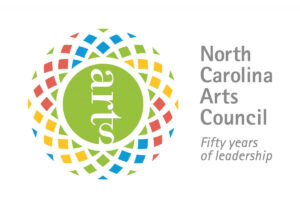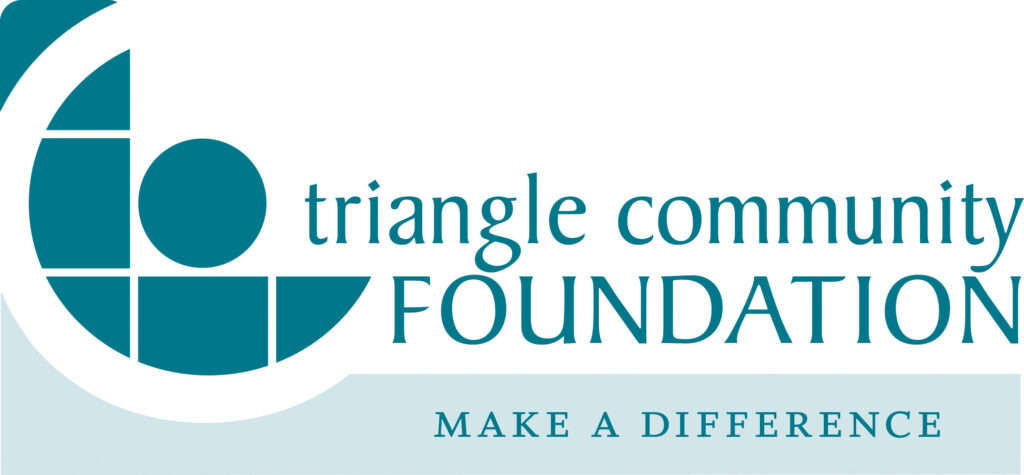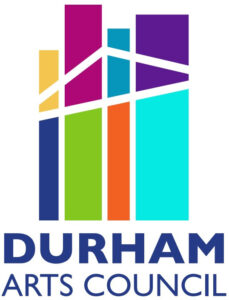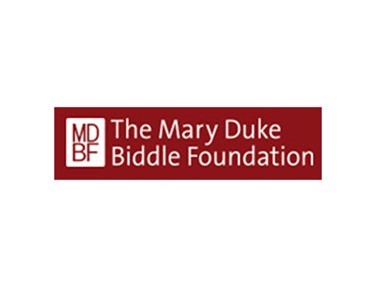Monday Musicale with the Maestro – March 14, 2022 – Voices of Freedom from the Opera Stage
William Henry Curry Conducts the World Premiere of Sanctuary Road
North Carolina Opera, March 4th-6th, 2022

The Durham Symphony is thrilled to share that on March 4th-6th, 2022, our own Maestro William Henry Curry conducted the world premiere of Sanctuary Road, a powerful new opera by composer Paul Moravec and librettist Mark Campbell. The three sold-out performances were Maestro Curry’s debut with the North Carolina Opera and received a thrilling response from audiences and critics alike. His reflections on this experience are the topic of this blog today.
But first we invite you to read more about this amazing production! Joseph Newsome of Voix des Arts writes,
Music Director of the Durham Symphony Orchestra since 2009, conductor and composer William Henry Curry led the NC Opera Orchestra in an account of Moravec’s score that balanced rhythmic firmness with overwhelming emotional immediacy. Every instrument was played as though it had its own story of oppression to share, the musicians executing their parts with unassailable musicality and expressivity. The unerring coordination between stage and pit was bolstered by Curry’s mastery of the art of providing cues. Sanctuary Road is an episodic piece, and Curry demonstrated complete understanding of its basic structure, propelling each scene to its climax whilst also concentrating on the music’s cumulative impact. Curry never allowed the weight of the opera’s subject to adversely affect moments of humor and dance-like lightness, his conducting emphasizing the truth, elucidated by the uplifting tonalities and harmonic transitions in Moravec’s music, that hope brings joy even in times of despair.
You may access the entire review here.
Josh Bottoms, Classical Voice of North Carolina (CVNC) concludes by observing,
On a personal note, I’m grateful to Moravec and Campbell, director Dennis Darling, conductor William Henry Curry, and the entire cast for bringing such vitality to Sanctuary Road. As someone who has lived near the West Coast most of their life, I’ve never felt so close to the history of American slavery. The recitation of names at the beginning recalled for me the endless names compiled by the “Say Their Names” Project. And while listening to the testimonies of those who escaped from cities as close as Charleston, I felt the discomfort in the audience grow as our spatial and temporal proximity became clearer. As Moravec and Campbell’s work has done for me, I anticipate that Sanctuary Road and their future projects will play a valuable role in bringing Americans closer to their own history in a time when understanding the past feels crucial for moving into the future. https://cvnc.org/article.cfm?articleId=10299
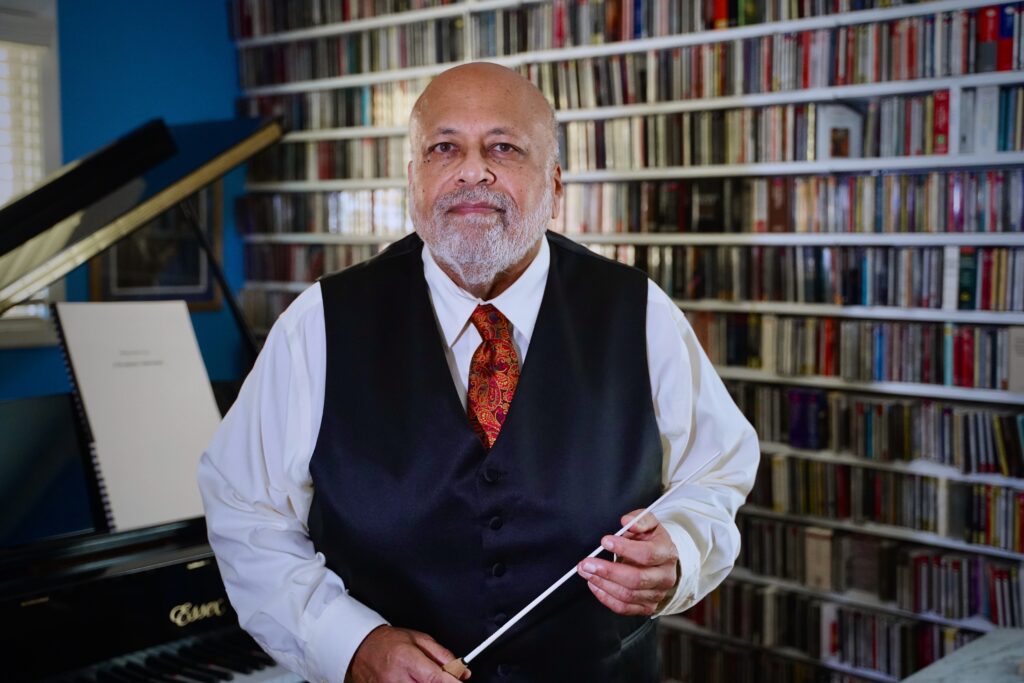
Monday Musicale with the Maestro
Dear Friends of the Durham Symphony Orchestra,
Monday Musicale with the Maestro
As always, you can read the full text or catch up on all of the archived posts in the Conductor’s Corner!
Voices of Freedom from the Opera Stage
In my 52 years as a conductor, I have had my share of memorable experiences while “burning the midnight oil.” And certainly, the last three weeks were an example of that. During this time, I was creating a revision of my string orchestra work Dark Testament for a DSO performance on April 10, 2022, at the Hayti Heritage Center. The piece pays tribute to three iconic African American women: Mahalia Jackson (“the Queen of Gospel”), Durham’s Pauli Murray (lawyer, priest, activist, and poet), and Harriet Tubman, who is sometimes called “the mother of the Underground Railroad.” I am happy to say that Dark Testament (which takes its title from Pauli Murray’s powerful autobiographical poem) has been nominated for a Pulitzer Prize.
It is a remarkable coincidence that while I was re-writing the Harriet Tubman section of my piece, I was also conducting the world premiere of the opera Sanctuary Road, by Pulitzer Prize winners Paul Moravec (composer) and Mark Campbell (librettist). The opera is about “the Father of the Underground Railroad,” William Still—who is related, Moravec says, to the first great African American composer William Grant Still, whose work I’ve discussed in previous blogs.

William Still is a fascinating figure. A Philadelphia-based, African American abolitionist and historian, he helped over 800 fugitive slaves flee the South to freedom in the North. During this time, he kept a journal of his activities, including the names and stories of those he had helped. He later published these accounts in his 1872 book The Underground Railroad—a reference not to a rail line, but to the series of secret routes and safe houses used to bring slaves up North into the free states and to Canada.
Moravec’s Sanctuary Road was originally an oratorio that premiered in Carnegie Hall in 2018. Reflecting on that work, the composer observed, “Time is the medium of music and memory is the mediator. In its sublime, mysterious way, music remembers. Composing the music for this oratorio, I was guided by my intention to memorialize indelibly the spirit and events of this extraordinary chapter in American history.” https://www.ncopera.org/2021-22-season/sanctuary-road/

Soon after the Carnegie Hall premiere, Moravec and his frequent collaborator, Mark Campbell, felt that an operatic version of this work would be even more compelling as an opera.
In the opera version, William Still interviews some of the people he aided to freedom, evoking the dramatic scenes of their flight. Their courageous and heart-rending stories are beautifully articulated and explained with lyrical prose by librettist Campbell. We see, for example, dramatizations of slave-hunters issuing wanted posters for the capture and return of the fugitive slaves. One of the narratives is about Henry “Box” Brown, who ingeniously (and at great risk) mailed himself to freedom in a crate from Richmond to Philadelphia!

The arduous rehearsal process was guided by the gifted stage director, Dennis Whitehead Darling, who was also making his NC Opera debut. The cast and the chorus were phenomenal singers and actors who brought to life the extraordinary pathos and humanity of Campbell’s words and Moravec’s music. It was one of the great honors of my career to help “birth” this new musical work. I am grateful to all of them and to Eric Mitchko, the visionary General Director of the NC Opera, who took a chance on a contemporary work with a somber theme.
Here is a video of Eric Mitchko with the creative team, discussing the profound significance of this new work.

The result of all this was a most happy ending: three sold-out performances and an ecstatic response from the audiences that was almost as moving as the opera itself.
As for the future of this work, I have no doubt that this masterpiece will be embraced by the world and become a permanent part of the opera repertoire. It has all the hallmarks of immortality: sublime music, dramatic scenes, and a powerful story told in compelling words.
The recording of the oratorio version was recorded and nominated for a Grammy. I would like to share with you two sections of this work that I found to be exceptionally inspiring.
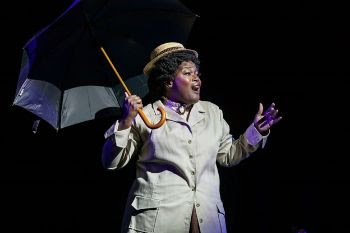
This aria has an inspired text and truly glorious music. In it an escaped slave sings,
“Rain”
Come down, rain.
Come down hard.
Come down fast.
Come down Noah’s Ark heavy.
Empty the streets,
Empty the squares of those who might want to catch me
Empty the streets of those who might want to stop me,
Who might want to hurt me,
Who might want to kill me
In the massive choral conclusion, the ex-slaves pay tribute to William Still for leading them to a new life. It is hymn of praise to peace and freedom that is as moving as any operatic finale I know of:
I am grateful for my liberty.
When I was distressed and out of doors
You took me in.
I was hungry and you fed me.
For these things God will reward you.
I hope to meet you again.
If not on Earth, may we so live that we shall meet in that happy land where tears and parting are never known.
The sky, the land,
The whole world is mine today.
Shout from every roof top
As loud as can be,
FREE!
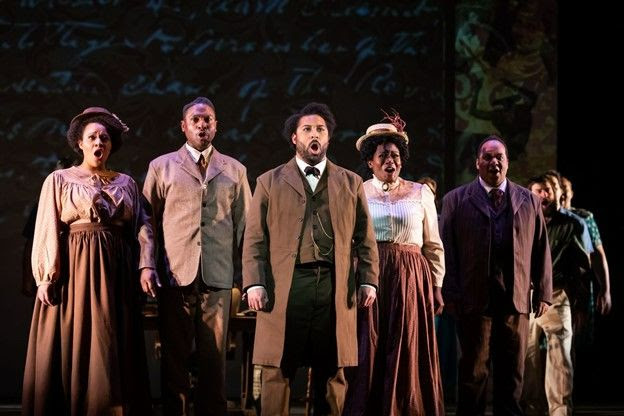
From left to right: Taylor Raven, Malcolm J. Merriweather, Benjamin Taylor, LaToya Lain, and Norman Shankle.
William Henry Curry
Music Director
Durham Symphony Orchestra
Comprehensive Editor (Text): Suzanne Bolt
Web Editor: Marianne Ward
Copy Editor & Digital Layout: Tina Biello
Production photos are reproduced here with the kind permission of Eric Waters Photography and the NC Opera.

Thank you for being a important part of the Durham Symphony Orchestra family! We appreciate your support and vital impact on our community!
Funding is provided (in part) by the Durham Arts Council’s Annual Arts Fund, the N.C. Arts Council (a division of the Department of Natural and Cultural Resources), and grants from the Triangle Community Foundation, The Mary Duke Biddle Foundation and the F. M. Kirby Foundation.

